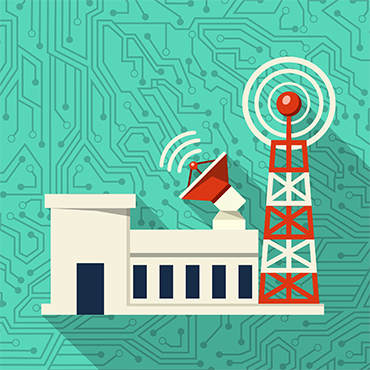Commerce seeks to widen acceptance of cyber framework
An FCC official told a telecom audience that though adherence is voluntary, it's in companies' best interest to participate in the framework.

More than a year after the federal Cybersecurity Framework was introduced, industry executives and federal officials say companies are learning to work with it, but there are still some obstacles.
The framework was driven by President Barack Obama's 2013 executive order on cybersecurity and unveiled by the National Institute of Standards and Technology last spring. It seeks to promote cybersecurity best practices in the private sector. Adherence is voluntary, and its backers say success lies in industry's willingness to adopt recommendations and use their experience to build on NIST's best practices.
"There is a delicate and important balance in how NIST interfaces with the regulatory and commercial," said Clete Johnson, chief counsel for cybersecurity at the Federal Communications Commission's Public Safety and Homeland Security Bureau. "We wanted a voluntary process but an active voluntary process" that would engage companies in consulting on best practices, he said at USTelecom's National Cybersecurity Policy Forum on Oct. 14. The FCC works with telecommunications companies, one of 22 designated critical infrastructure groups that need particularly strong cyber protections.
"We have to emphasize [that using the framework] is in companies' best interests," Johnson added.
Companies might be reluctant to share issues for a number of reasons, said Adam Sedgewick, senior IT policy advisor at NIST. "Companies don't come and say, 'Here are our problems,'" he said. "They need to know they're not walking into trouble" such as liabilities or reporting violations.
"The framework has worked because it's not a regulatory document," said Chris Boyer, assistant vice president of global public policy at AT&T. "Industry recognizes that a regulatory checklist won't work."
NEXT STORY: Army experiments with cyber warfare





